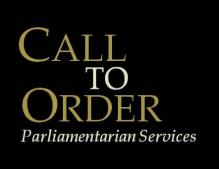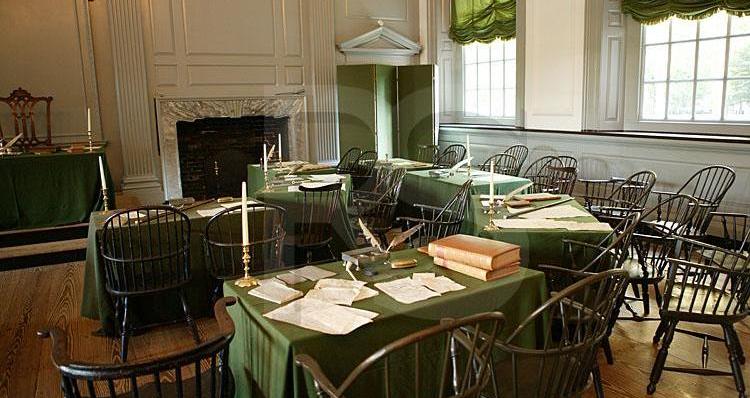In Mr. Smith Goes to Washington, the naïve Mr. Smith yields the Senate floor out of courtesy to a colleague, In doing so he loses his ability to debate on his legislation to prevent graft and corruption, Mr. Smith learned the hard way about the importance of knowing procedural rules. Officers and members of boards and and associations need to know the rules of order to achieve their goals and help their enterprises succeed. Our expertise includes:
- Meeting and Session Governance Services
- Presiding Officer Services
- Delegate Convention or Assembly Services
- Strategic Procedural Planning Services
- Bylaw Drafting, Review, and Revision Services
- Written Opinions Services
- Training Programs
Presidential debate moderators become focus of debate
The Presidential debates are now over, but the debate about the debates will continue for years to come as to who won which debate, what were the impacts of the debates on the outcome of the race, and how they could have been run better. One aspect of the Presidential and Vice Presidential debates that has come into play is the role of the moderator.
In particular, in the Vice Presidential debate and in the second Presidential debate, some claimed the moderators were too involved in the debate and that the time keeping favored one candidate over another. On this last point, even the candidates sought the moderator’s intervention as their opponents rambled on beyond the time limit. Some also claimed that the chosen moderators favored one end of the liberal-conservative political spectrum over another, but should have been chosen to represent a more balanced, unbiased position or at least alternated from both ends of the political spectrum.
These questions are likely to arise in any context and not just presidential debates. A moderator of a debate should be chosen specifically for their ability to stay neutral and to hold the debaters to the rules in a fair and unbiased manor. The rules of a debate are established ahead of time, generally by an impartial panel. That panel is the context of the Presidential debates is the Commission on Presidential Debates.
The rules are generally rather simple. They typically specify the time allotted to each candidate to respond to a question or an opponent, and the amount of time for rebuttal. The rules may set forth topics for a given debate as well as who will develop the questions or if any questions will be asked at all.
The Commission on Presidential Debates set forth these rules for the first and fourth debates.
“The format for the first and fourth presidential debates calls for six 15-minute segments on topics selected and announced in advance by the moderators. After the moderator asks a question, the candidates each have two minutes to answer. After their answers, the moderator's job is to facilitate a conversation on the topic for the balance of the 15 minutes before moving to the next topic.”
The Commission stated, “Jim Lehrer implemented the format exactly as it was designed by the CPD and announced in July.”
The Commission’s website contains information on the famous Lincoln-Douglas debates. The Lincoln-Douglas debates were more free flowing where the first candidate would make a one- hour speech. The second would have an hour and a half to rebut and to make his own hour-long speech. The first candidate would then have a half hour to rebut. They conducted seven debates in seven major cities in their district. The moderator in this instance merely needs to be sure to keep time and to keep Lincoln and Douglas from interrupting one another.
The most important characteristic of a debate moderator is to remain impartial. If the moderator is successful at that, there is little that can go awry.

© 2011-2012 Call to Order Parlimentarian Service
In the News
Independence Hall, Philadelphia,PA is where the Second Continental Congress debated and passed the Declaration of Independence, and where the Constitutional Convention debated and adoped the U.S. Constitution.
